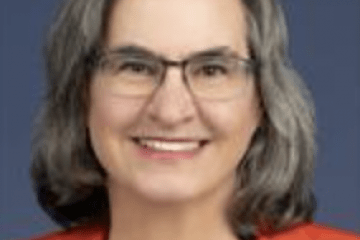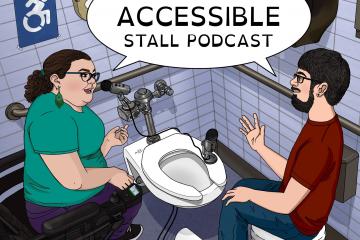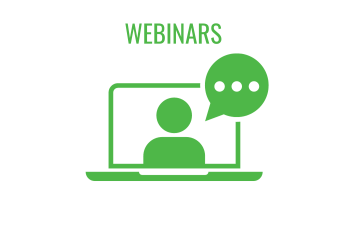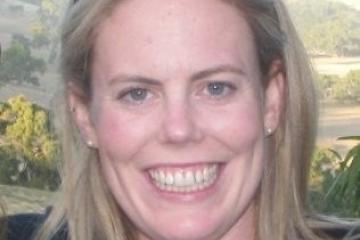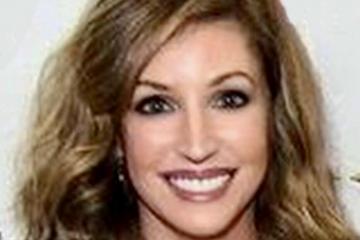What it is Like to be an Adult with Cerebral Palsy
A year ago, I started to have baby fever. Whenever I see a cute little infant or toddler, I can’t resist the urge to pinch their adorable cheeks. I’m at that age when all of your Facebook friends begin to get engaged and married, and shortly after, have children. So, I feel the pressure to proceed onto the next stage of my adulthood. But, as anyone with cerebral palsy knows, everything in life is a tad more complicated with this disability.
From a young age, I knew that motherhood would be a bit more complicated for me than it is for most of my peers. Just to quench my curiosity, I’d google “mothers with cerebral palsy” and “parenting with cerebral palsy.” There are a ton of search results for how to mother or parent a child with CP, but few resources on how to be a parent when YOU have CP.
This is how I feel about most things in adulthood as a person with CP: we’re the forgotten and ignored ones in the overall CP community. There are extensive guidelines and treatment regimens for children with CP. However, it is as if once we’ve grown into adults, there are very limited resources for us “old folks.”
However, there is one piece of information that dominates the search results for “adults with cerebral palsy.” As a result of extreme wear and tear of our muscles and joints, our bodies will experience premature aging and have an early onset of osteoarthritis. Having digested this information, I feel as if I have an internal ticking time bomb, and I want to accomplish everything I want to do before it sets off.
Being an adult with CP constantly feels like stepping into a world of the unknown. Today, I am able to get around NYC without any assistive devices, but I am aware that with every step I take, I put much more strain on my muscles than the average person does. Even with rigorous exercises and therapy, there will be a day when I won’t be able to move my body as easily and smoothly as I can at age 25. This is true for every person, but having CP expedites the process even quicker.
Even if I were to have children in the near future (there’s also the pressure from the ordinary, female biological clock), I worry about how long I could be an active, hands-on mother. I also worry that the kid would have to take care of my aging self at a young age, which would deprive her or him of living a “normal” teenage or young adult life.
Whenever I go down a spiral of having this line of thought, I try to ground myself in resilience and hope. I now have much more physical ability in my mid-20s than I did in my teens. Back then, I could not even fathom living in a city like New York completely independently, having the most fulfilling social and dating life. One beauty of the unknown is that it means there are infinite possibilities.
There isn’t a one-size-fits-all model when it comes to CP or anything else in life. You have come this far in life, regardless of the limited expectations put onto you and society’s wrongful perceptions. You should forge ahead into the long years of adulthood with the same caliber of determination and strength. If there is one sentiment that we were to believe in as a united CP community it is that we are creative problem-solvers. The path to the end-goal isn’t always straight or paved, both literally and figuratively, but we eventually make it to the destination.

